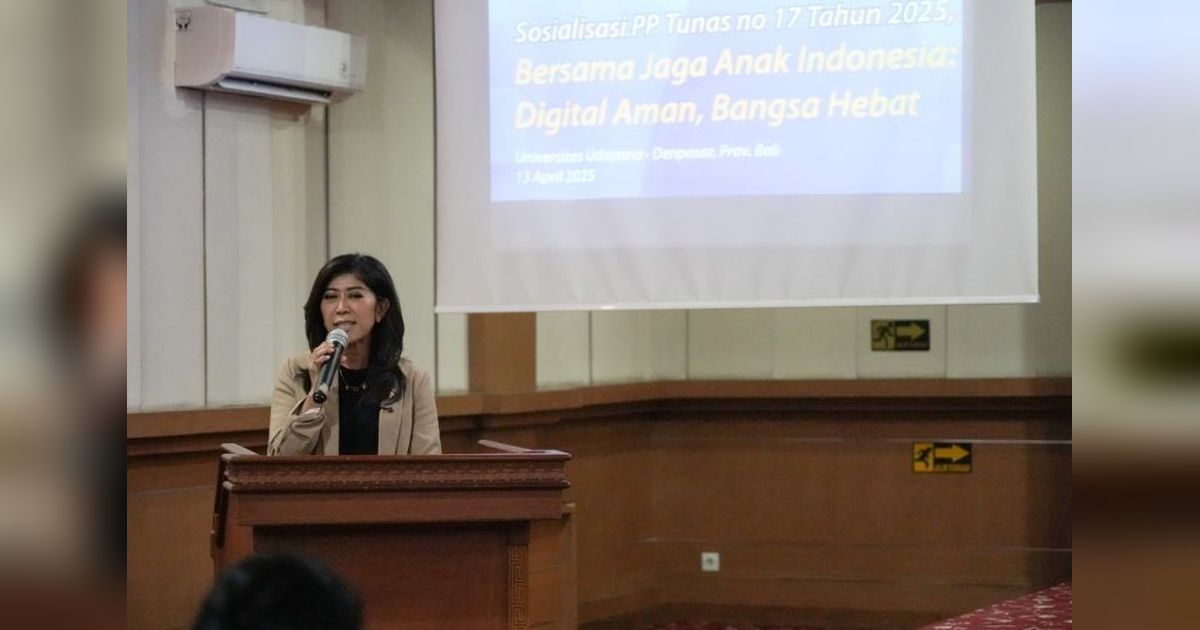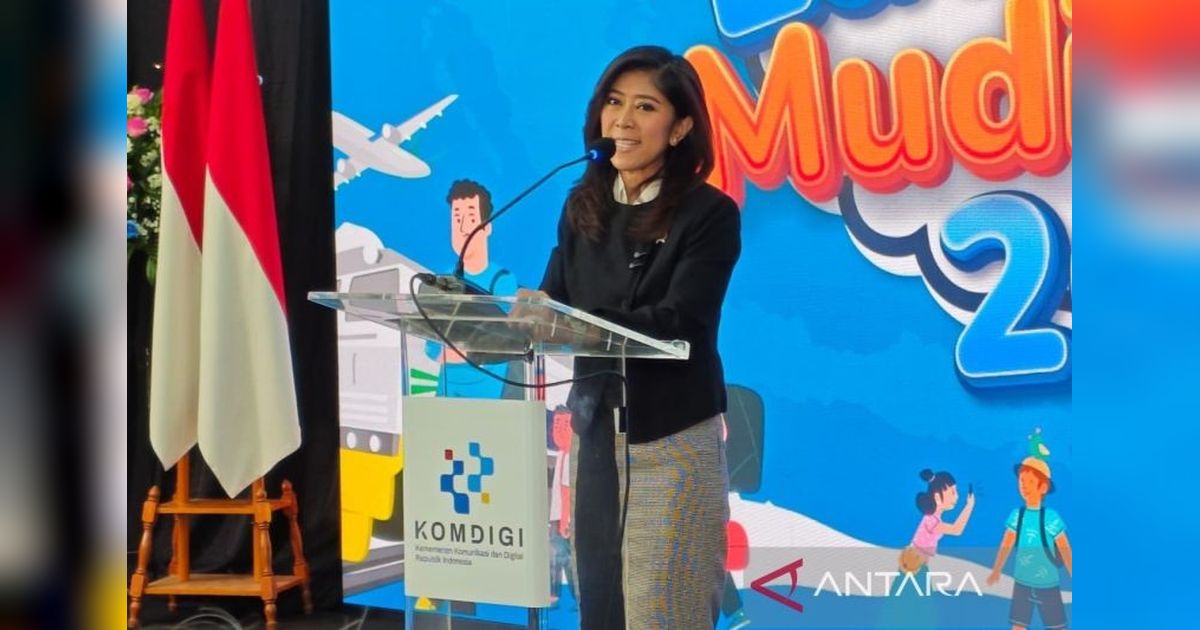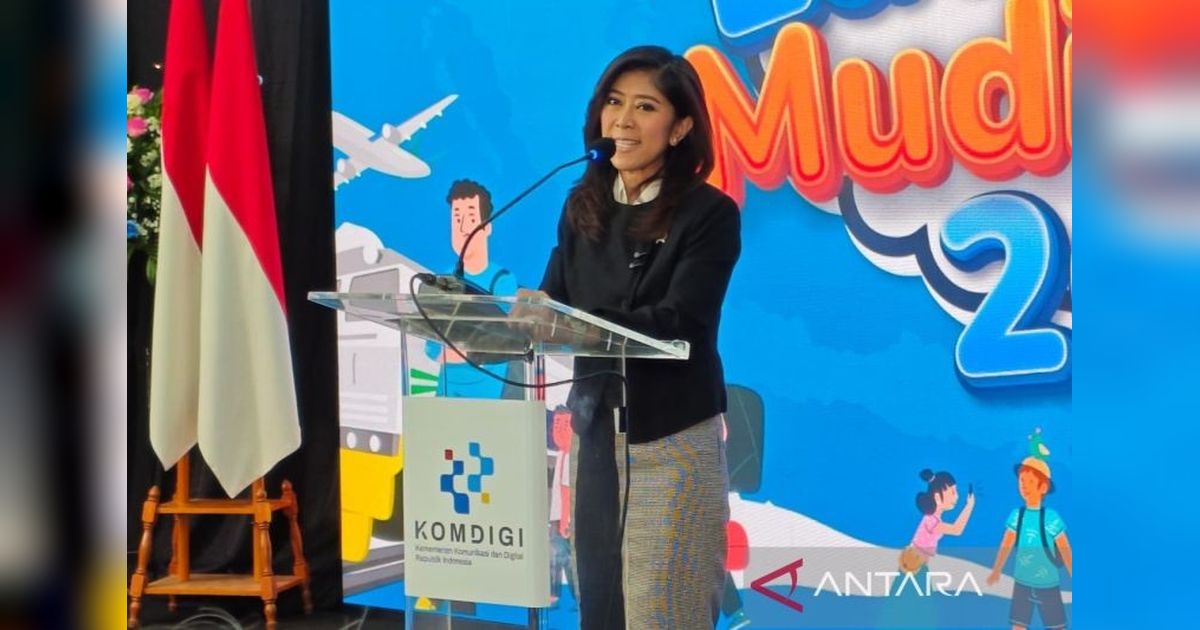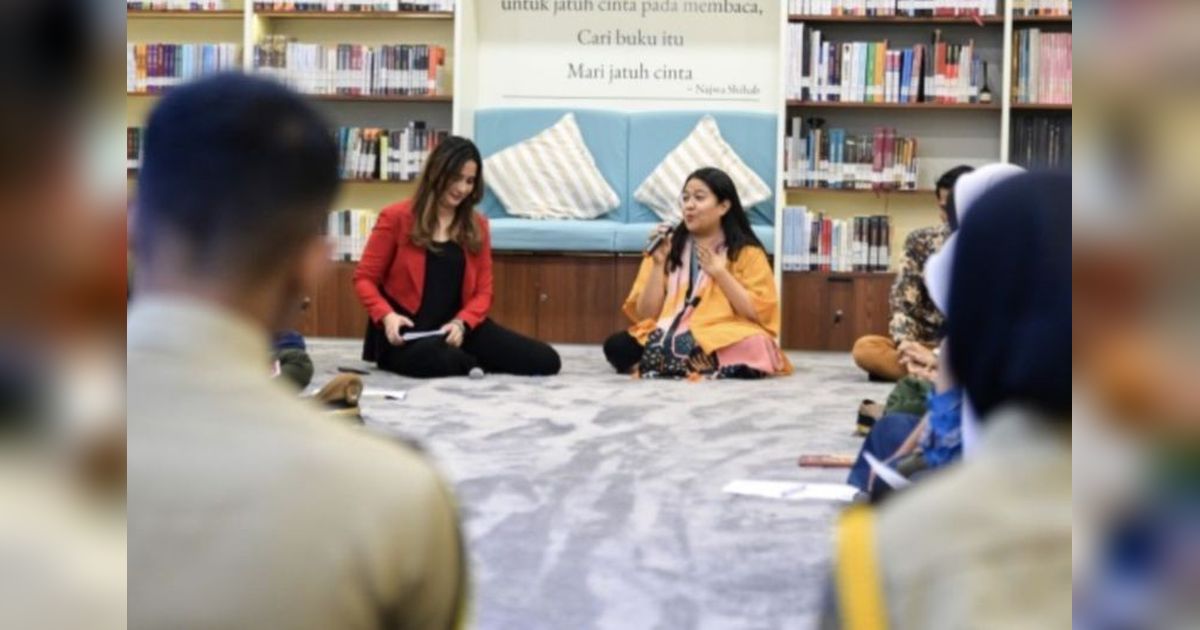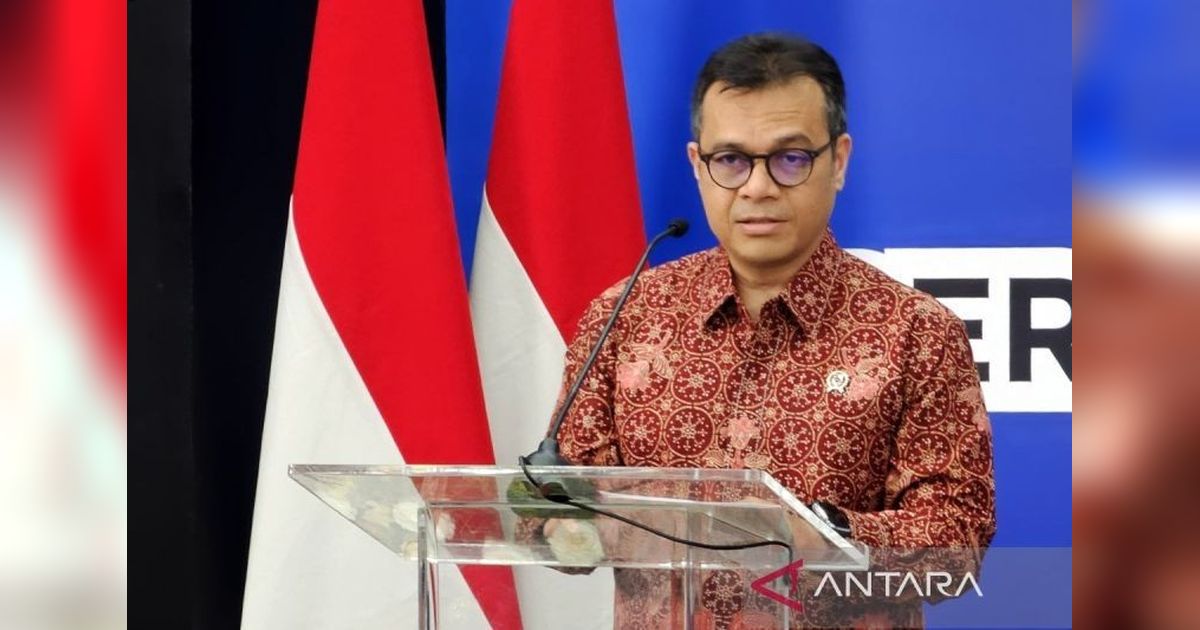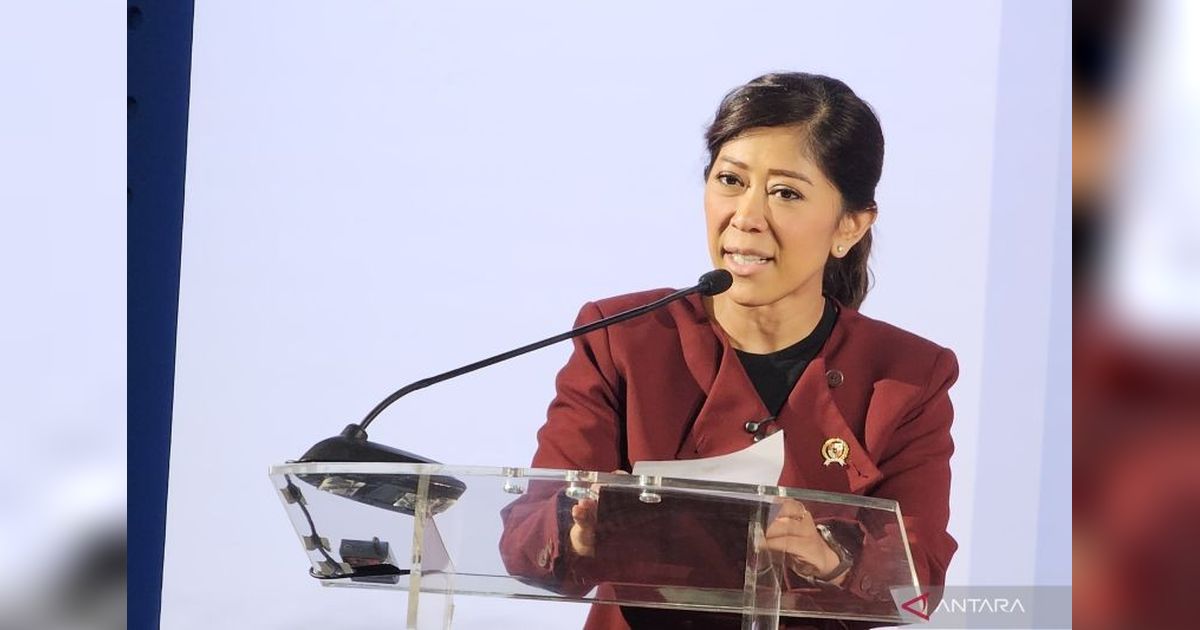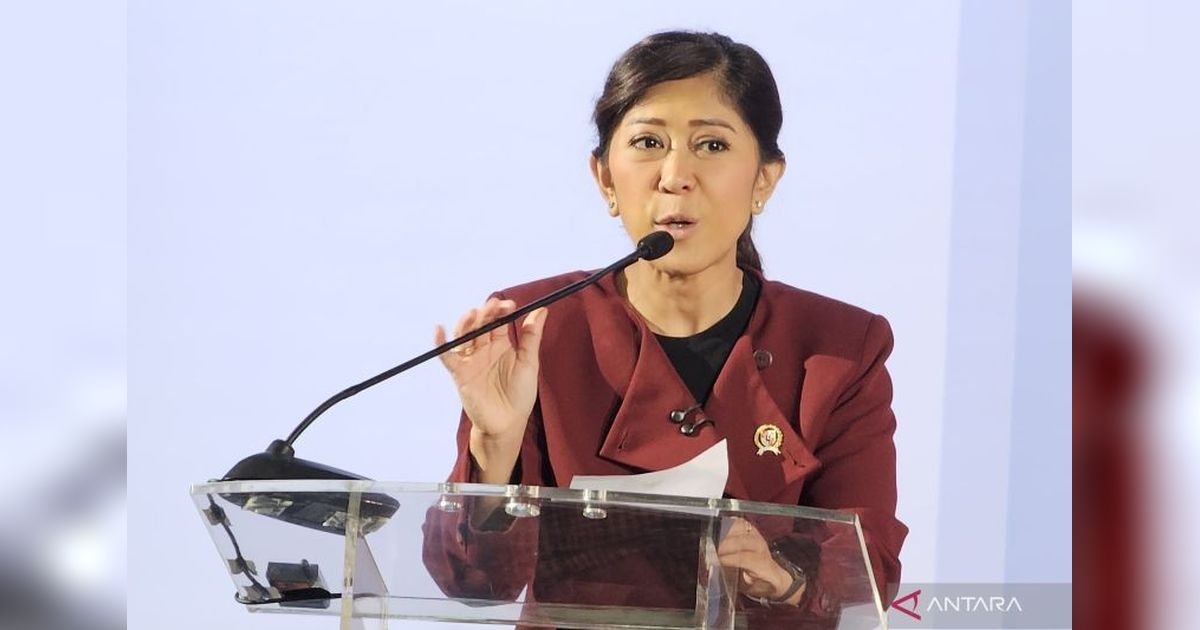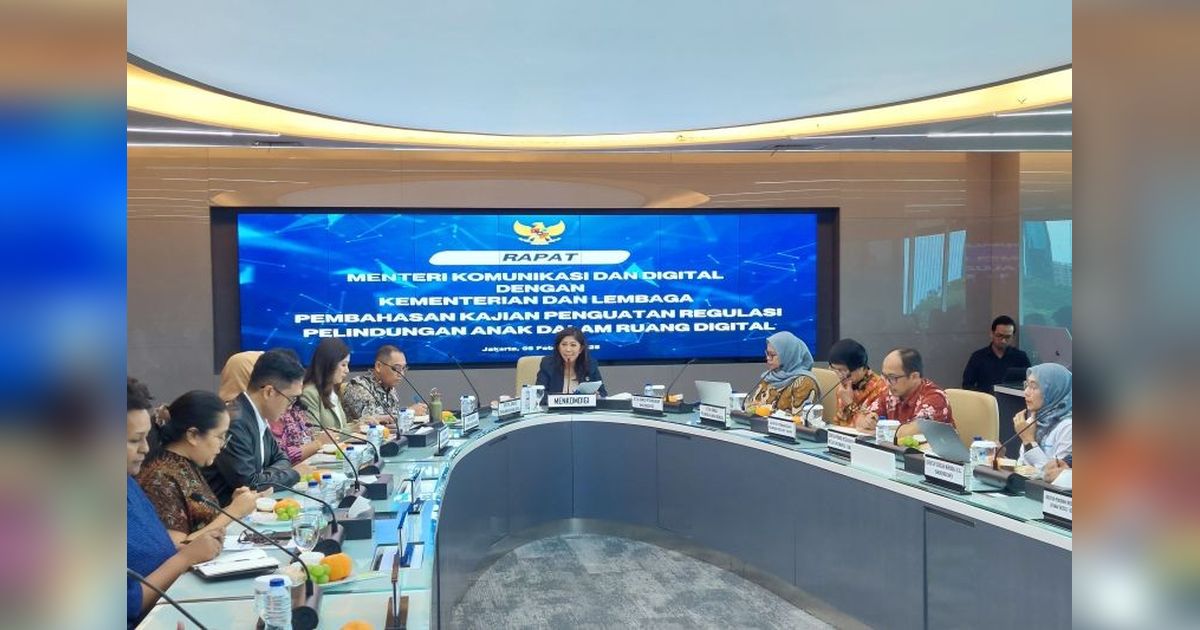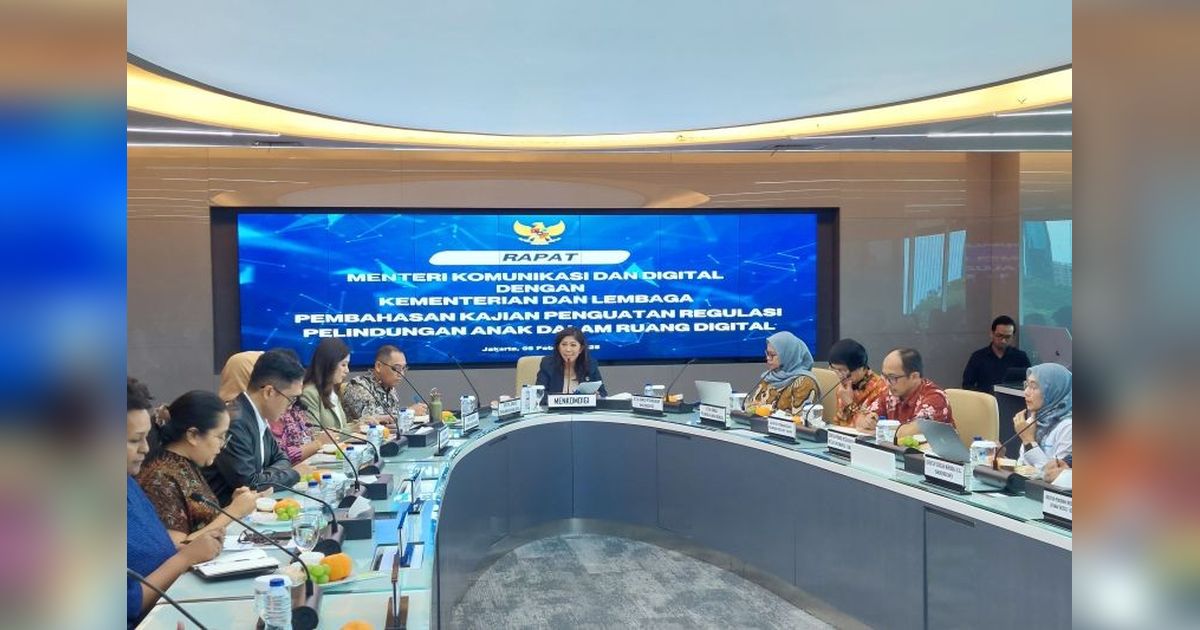Indonesia Prioritizes Child Online Safety: New Regulations in the Works
Indonesia's Ministry of Communication and Digital Affairs is actively developing regulations to enhance child online safety, collaborating with digital platform operators and considering age-based restrictions on social media access.

Jakarta, June 6, 2024 - Indonesia is taking significant steps to bolster child online safety. The Ministry of Communication and Digital Affairs is spearheading the effort, engaging with key players in the digital landscape to craft robust regulations.
Collaboration with Digital Operators
The Ministry is summoning electronic system operators for discussions on strengthening child protection in the digital realm. Molly Prabawaty, the ministry's expert staff for communication and mass media, stated that these discussions will focus on gathering input from digital platforms for the upcoming child protection regulation. This collaborative approach aims to ensure the regulation is both effective and practical.
Legal Framework and Regulatory Process
The legal foundation for this crucial initiative is Law Number 1 of 2024, the Electronic Information and Transaction (ITE) Law. Currently, the Ministry is finalizing the Draft Government Regulation (RPP), the derivative regulation that will provide the specifics for implementing the law's child safety provisions. The RPP has undergone extensive harmonization with the Ministry of Law and is now headed to the Ministry of State Secretariat for further processing. Prabawaty emphasized the Ministry's commitment to swift approval, stating, "We want to include child protection in the digital space in the government regulation. We hope the regulation can be approved soon."
Addressing the Challenges of Online Safety
The Indonesian government recognizes the urgent need to address the various threats children face online. Minister Meutya Hafid has underscored the importance of expediting the creation of this regulation, highlighting the government's prioritization of child protection in the digital sphere. The government is carefully considering whether the regulation should be a law or a ministerial regulation, ensuring the most effective approach is chosen.
Age-Based Restrictions Under Consideration
Further demonstrating its commitment, Minister Hafid recently announced the formation of a special team dedicated to exploring age-based restrictions on children's access to social media. This proactive measure reflects the government's determination to create a safer online environment for children. The team will thoroughly investigate the feasibility and implications of such restrictions, considering various factors and seeking input from relevant stakeholders.
A Multi-faceted Approach to Online Child Safety
The Indonesian government's approach to online child safety is multifaceted. It involves not only the creation of comprehensive regulations but also collaboration with industry stakeholders and the exploration of innovative solutions like age-based restrictions. This holistic strategy aims to create a safer and more responsible digital environment for children in Indonesia. The ongoing discussions and the formation of the special team highlight the government's dedication to protecting children in the digital age.
Looking Ahead
The development of these regulations marks a significant step towards creating a safer online environment for Indonesian children. The collaborative approach, coupled with the government's commitment to swift action, suggests a promising future for online child safety in the country. The ongoing assessment of the regulatory structure—whether a law or ministerial regulation—underscores the government's dedication to finding the most effective approach to this crucial issue. The future implementation and enforcement of these regulations will be key to their success in protecting children online.
